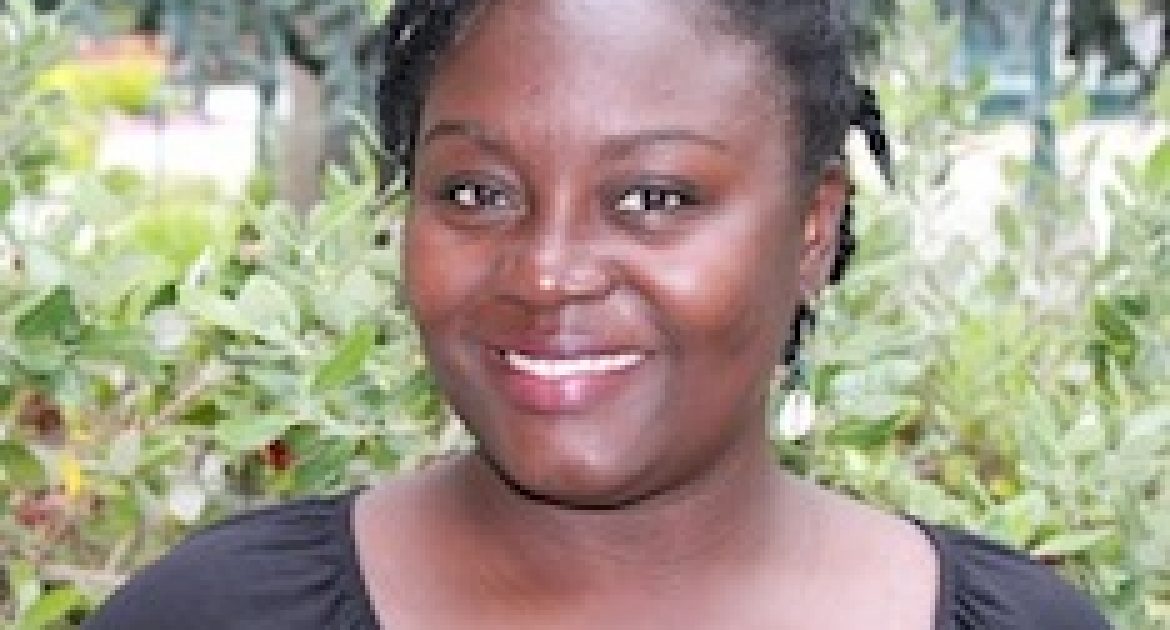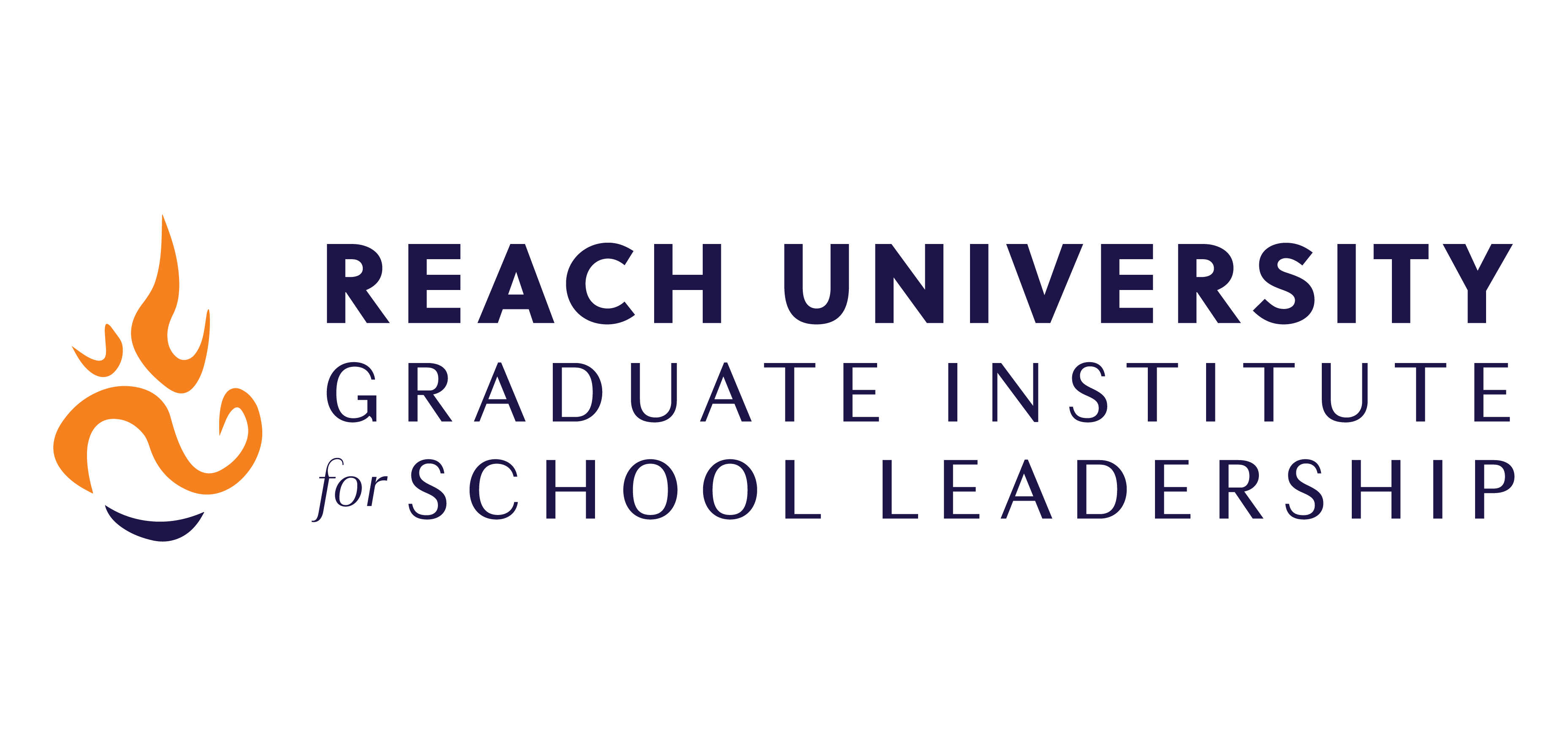Action Research Summaries 2014
Culturally Responsive Pedagogy in Middle School Teachers

Research has shown that the success of urban students of color is strongly linked to the teacher’s Culturally Responsive Pedagogy. Due to longstanding social, cultural, and economic inequities, the field of education has consistently found itself with a often poorly bridged divide between the educator and the student. In order to cross this divide, educatorsread more
Using Lesson Study to Develop More Collaborative Relationships Between General Educators and Special Educators

Special education students often receive services through a resource model, in which the special educator provides support to students by pulling them out of class for remedial instruction or by pushing in to support individual students with classroom work. While this model provides some support to students, it does not provide them with full accessread more
Supporting Teacher Collaborative Learning

High quality instruction is key to the success of all students in schools everywhere, but particularly essential in schools working to close the significant achievement gaps that persist in California. Research has shown that improvements in instructional practice can be best achieved through a strong focus on teacher learning in collaborative community. When working toread more
Deepening Common Core State Standard Understanding Through Professional Learning Communities

As schools across the nation make the transition to the Common Core State Standards (CCSS), many educators find that it is difficult for a school staff to develop shared understandings of the new standards and their instructional implications. The lack of shared understanding can impede instructional coherence and lead to unfocused professional development. At Lighthouseread more
Coaching Support for Teacher-‐ Student Relationships

New teachers faced with balancing learning a new school culture, managing curriculum planning and assessment expectations, forming new relationships with colleagues and supervisors struggle with establishing and maintaining positive relationships with students. In the absence of job embedded coaching on relational strategies from a trusted coach, new teachers I evaluated wrote three times as manyread more
Student Writing: Making Claims and Using Evidence Effectively

Writing skill can be a predictor of academic success and is a high stakes assessment for acceptance into college and career. With entry being so competitive, students must be able to write effectively to argue their points. In my time as an instructor at Alternatives in Action High School, I noticed that students struggled withread more
Improving Novice Teacher Practice Through Coaching

ARISE High School is located in the heart of the Fruitvale District in Oakland, California. Given that the student population is primarily Latino at 92% and that nationally only 21% of Hispanics are performing at or above the level of proficient in mathematics, it is imperative that ARISE teachers are able to effectively implement formativeread more
Empowering Teacher Leaders for Instructional Improvement: Using Peer Observation to Increase Teacher Leader Agency As Instructional Leaders

Fostering teacher leadership in a school or district can lead to greater professional growth, job satisfaction, and instructional improvement. With the transition to Common Core State Standards, this is a prime moment in education to grow teacher leader roles in order to support administrators in training and coaching all teachers in new practices. One formread more
English Language Learner Shadowing: A Catalyst for Change

The challenges facing Long-term English Language Learners (ELLs) are urgent and compelling. Defined as students who have been enrolled in United States schools for more than six consecutive years, many Long-term ELLs are silently languishing in our classrooms. Absent a district-wide effort to improve academic engagement and performance of this large and growing student subgroup,read more

